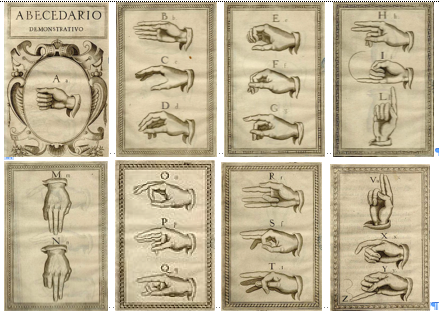Last week I went to the Utah Opera’s production of Pagliacci and Gianni Schicchi. I’m an avid opera-goer, having seen around 35 live operas. This was just another music and drama-filled Wednesday for me.
Before the curtain came up and the lights came down I found myself, along with much of the audience, pouring over the libretto. Inside the libretto were essays on the two compositions, their authors, and a synopsis of both shows. While reading over the cast list I was struck by how unusual it is in our culture for the audience to want to know the entire plot of a story before beginning. Spoilers are so expected that the libretto is there to facilitate last-minute research!
Spoilers, of course, serve their purpose. There’s nothing quite like a well executed plot reveal. I’m reminded of my first viewing of Fight Club, which was dramatic, unexpected, and thoroughly enjoyable. Yet I also remember my first opera, Don Giovanni, where my lack of foreknowledge of the plot hindered my enjoyment of other elements of the production. I couldn’t appreciate the singing, orchestration, and composition. I was too busy watching the supertitles, pouring over every line of recitative for fear of missing vital information. I couldn’t even appreciate costumes, lighting, and the set!
What a unique form of storytelling opera is! In the end, the plot is only another element in the whole experience, not overpowering the music or the mise en scene, but working together in beautiful harmony. Each element bolsters the others to make a deeply beautiful experience people will see over and over, even hundreds of years after the premiere.
In modern media, spoilers are held sacred for consumers. No one wants to walk into a Marvel movie knowing every twist and turn–that’s the fun part! But as media producers, this idea is pivotal. We can learn by example how to create interesting, emotional experiences for the viewer, reader, or what have you. How does the author create tension and drama for future plot points? How enjoyable is the work as a whole? Is it fun to read or do you only care about what is explicitly shown? Do the words sound clunky or fluid?
When you step back and view the work as a whole you can balance elements of plot, prose, characterization and other writing tools. Try thinking about the work as a harmonious synthesis of all elements, each of equal importance, rather than unequally emphasizing one part. Your plot may be impeccable, but imagine if it were supporting and harmonizing with your imagery.
And hey, maybe spoilers are important. But they don’t have to be make-or-break for enjoyment purposes. As a kid, I had the main plot twist of Shrek 2 ruined for me. When I saw the movie, it ended up not effecting my enjoyment of the movie. Is knowing the ending of the coming-of-age fantasy novel you’re reading really that important? Unless there’s some major genre subversion, the reader knows what to expect. So make the journey enjoyable!


